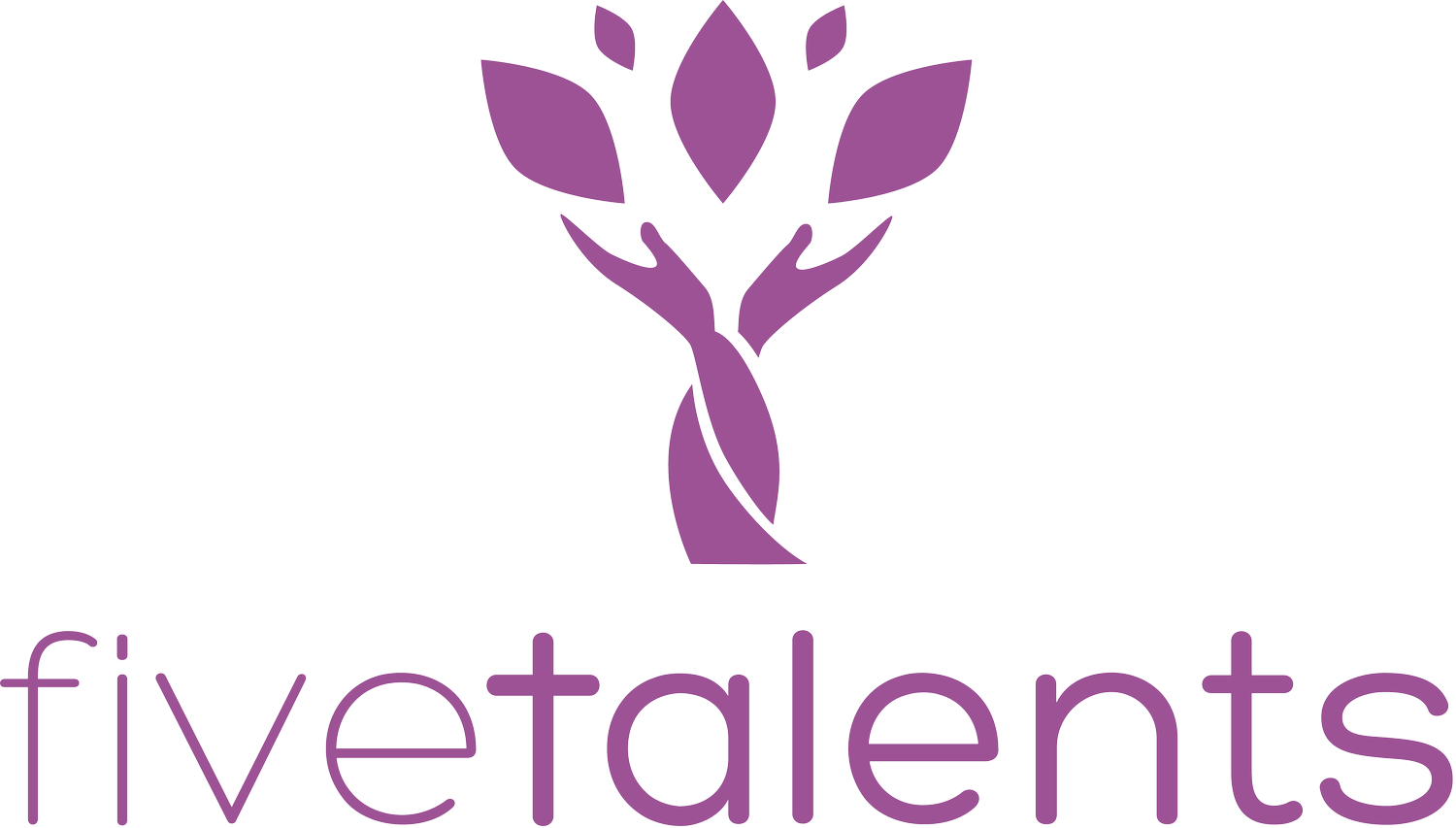A few years ago, The Economist highlighted a form of microfinance that Five Talents has been practicing for nearly two decades. The story, published on December 10, 2011, praises the savings-led model of microfinance, which involves groups of women and men who pool their savings before drawing out small loans from that pool in order to sustain and develop their micro-businesses. The savings approach to microfinance is much different than the microcredit model that is widely used.
We at Five Talents were delighted to see The Economist's coverage of savings groups, but we would like to make a few additional points that show how savings groups can also be an avenue for community transformation.
Five Talents has been working with this model for nearly two decades. What is most compelling about the savings group model is that it can reach – and empower – the very poor. In other words, those people who are too poor even to have access to mainstream microfinance organizations that are giving loans of $60 or more.
Through this model, Five Talents has helped to facilitate loans as small as $7. There's the story of Leonie, a mother of eight children in the African country of Burundi. She joined 15 others to form a savings and loan association they called "Nyarumanga", which means, "Let's pray for each other." (In the above photo, the savings group is holding a meeting.)
None in the group had ever saved or borrowed, so in order to create some capital, they all labored together by carrying construction materials for a builder and pooled their pay. With Leonie's first loan of just $7, she bought salt and sold it for a profit in her community.
As it turns out, the primary beneficiaries of her success have been her children. "I can pay for school fees so my children can go to school," she told us. "All will go to school – I won't keep any at home because I was kept at home and I don't want that."
Group-led microfinance can also lead to significant social change. In 2007, Five Talents helped to build a community bank in a rural village in South Sudan. The village was subsequently burned down by a rival clan from a neighboring community, but the bank survived the pillaging. Later, the members who had savings in the bank became a force for reconciliation and brought the different clans together. Now the formerly rivaling clans live in peace and are using their savings to be productive and not destructive.
What's just as important as seeking to bring financial benefits to the poor is seeking to bring the social benefits of financial literacy, leadership development and unity. Thus, savings groups are engines for leadership development, empowerment and dignity – not just for financial gain.

